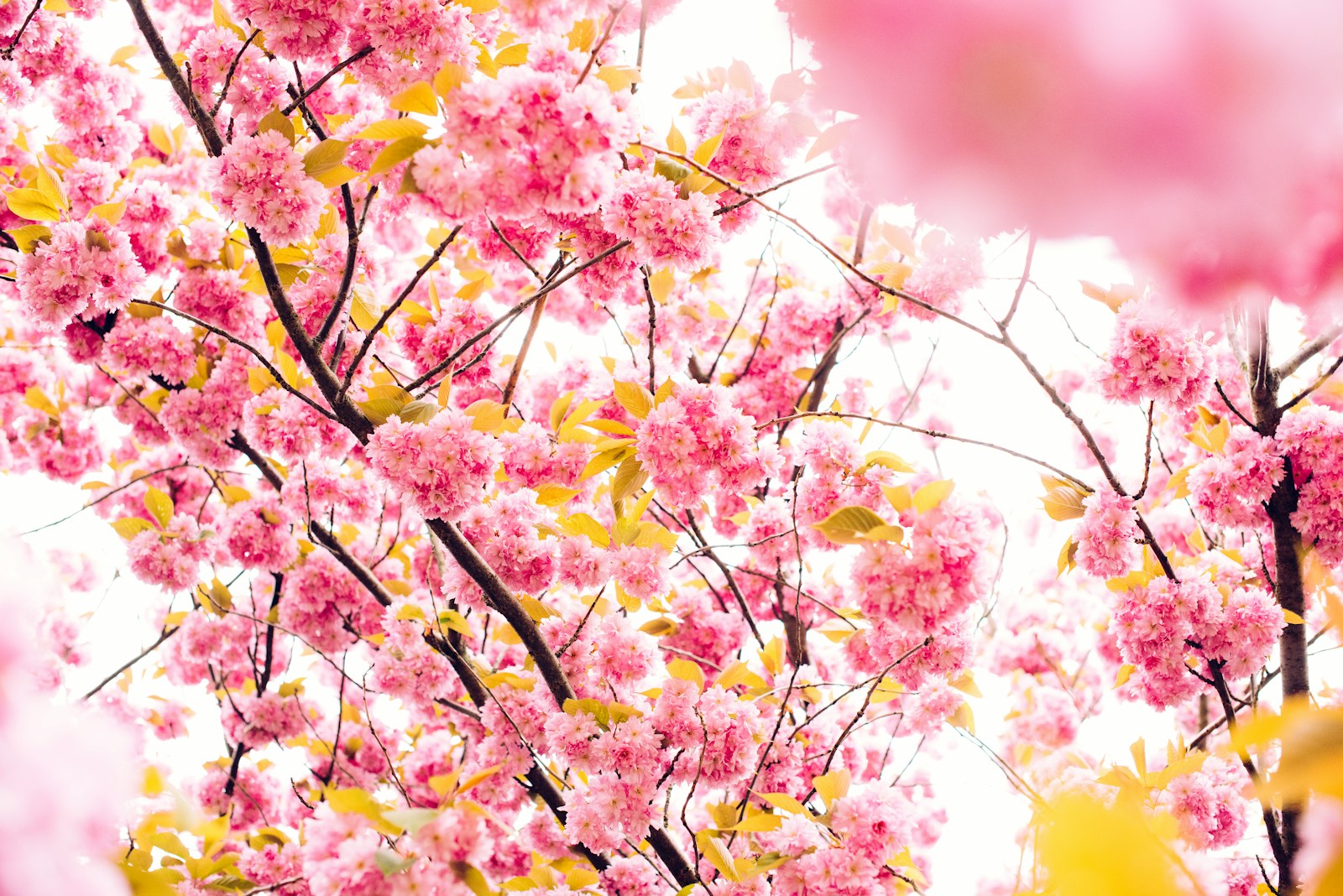
春
chūn

spring
In Chinese, the word for 'spring' is '春'. This term is used quite similarly to the English word, referring to the season that succeeds winter and precedes summer. It's often associated with renewal, growth, and the blossoming of flowers.
Example sentences using: 春
春天来了。
Chūntiān láile.

Spring has arrived.
This phrase signifies the arrival of the spring season, used often to express the change of seasons.
春节是中国的传统节日。
Chūnjié shì zhōngguó de chuántǒng jiérì.

Spring Festival is a traditional Chinese holiday.
This sentence stresses out that Spring Festival, or Chinese New Year, is a crucial holiday in Chinese culture.
春风得意。
Chūnfēng déyì.

Triumphant as spring breeze.
This is a proverb which means someone is very successful or confident.
春色满园。
Chūnsè mǎn yuán.

The garden is full of spring scenery.
This phrase is used to describe a garden filled with the beauty of spring.
我在春天出生。
Wǒ zài chūntiān chūshēng.

I was born in the spring.
This sentence simply states the speaker's birth season as spring.
春分是春季的中点。
Chūnfēn shì chūnjì de zhōngdiǎn.

The Spring Equinox is the midpoint of spring.
This phrase explains the Spring Equinox, which marks the middle of the spring season.
春风灌醉。
Chūnfēng guànzuì.

Drunk with the spring breeze.
This is a poetic expression describing someone who is deeply intoxicated or enamored by the beauty of spring.
春风化雨。
Chūnfēng huàyǔ.

Spring breeze turns into rain.
This proverb figuratively refers to a gentle and edifying influence (often teaching or education).
春去春又来。
Chūn qù chūn yòu lái.

Spring goes and spring comes again.
This sentence refers to the cyclical nature of seasons, emphasizing the return of spring every year.
这是春暖花开的日子。
Zhè shì chūnnuǎn huā kāi de rìzi.

These are the days when spring is warm and flowers bloom.
This sentence describes a beautiful and pleasant time during spring when the weather is warm and flowers are in full bloom.